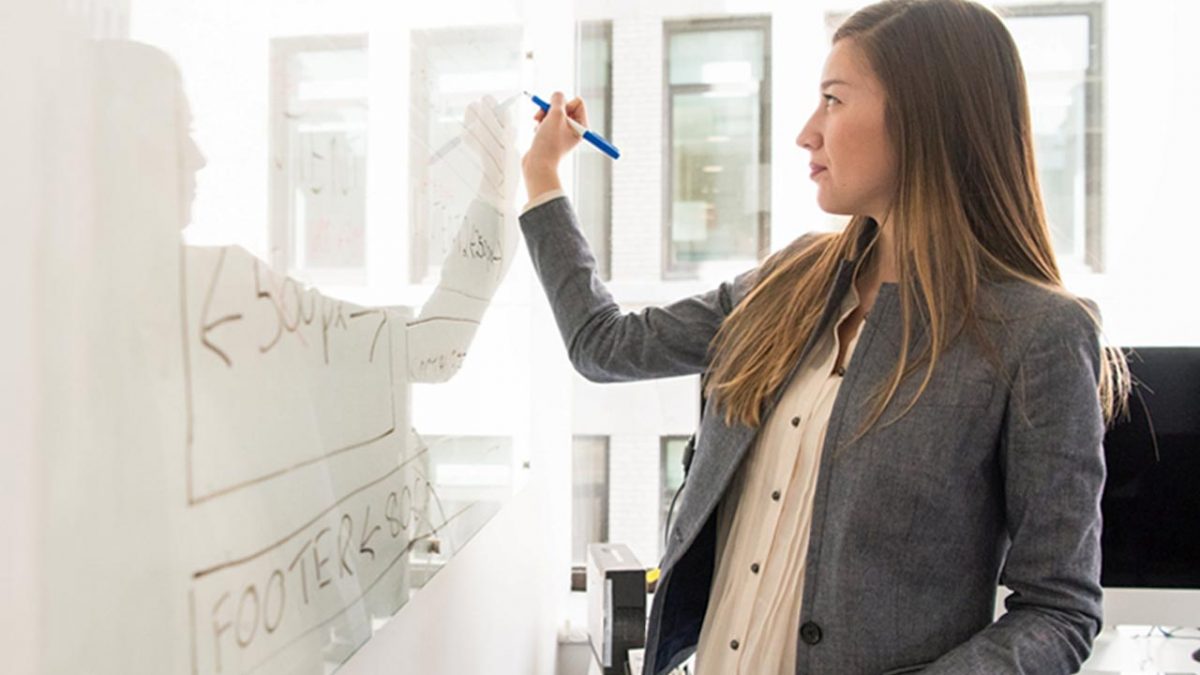
More and more I have noticed a variance in the way some candidates seek, or accept, advice and whose opinion it is they value. The younger generation, so-called Millennials, those currently in their 20s, or early 30s, tend to place less value on the advice of seniors or traditional “field experts”, and rely more on their friends and peers.
What are the dangers of not seeking expert advice?
- Opinions unsubstantiated are of little value
- Emotional support is different from expert advice
- Being without bias is essential to true and effective advice
- The value of advice is not decided by instinct
- A Google search doesn’t make you an expert
1. Opinions unsubstantiated are of little value
A Coach’s Experience Bank is key in any career coaching or developmental advice. Many of the younger generations haven’t developed a deep enough one yet.
- It takes time to develop sufficient knowledge and experience of career and recruitment processes,understanding all of the potential scenarios that could arise.
- A limited understanding of the whole scenario, implications of certain decisions, or actions and how employers and recruiters will view them in the future, often means that friends consider only some of the aspects.
- The variables are immense, and what is relevant to someone’s’ previous personal situation may be very different to yours, therefore their opinion and advice might not be suitable for you.
2. Emotional support is different from expert advice
Empathy for you and your situation is not the same as effective advice; Millennials seem to be confident in the “tribe” decision rather than external input.
- In a forum of friends they may feel they should “have your back”, have more interest in not contradicting,therefore reinforcing, your emotive decision, rather than challenging you.
- Emotional support from friends can make it easier for you to justify a decision, or course of action, if that is what you have decided to do, but it doesn’t mean it is right.
- Having the courage to really own up to your friends about everything that is going on is not always possible at an esteem level.
3. Being without bias is essential to true and effective advice
Our friends are friends for a reason; you have things in common and shared experiences, but in some situations, not all may have your best interests at heart.
- We all have a tendency to make emotive or selfishly motivated decisions, but your, and each of the “tribes” motives, may not always be the same.
- There may be some that might not want you to stand out above them.
- Your style and opportunity may be different from theirs, and whilst they may believe in a particular course of action, it might not suit your longer-term best option.
4. The value of advice is decided not by instinct
There is a good reason why subject experts invest time to develop knowledge and experience, study the subject matter, and review cases; it is to ensure their advice is based on sound practice, not just gut feeling
- If a friend has relatively little experience of an area,they can be in danger of extrapolating out that experience and assuming it is a sound case to fall back on in all situations.
- Trust has to be earned, which your friends should have already demonstrated in other ways, but in many career and recruitment process choices they may not have the knowledge and experience to justify trust.
- The best decisions are made by understanding and considering all the factors and options. That your instinct to consider your friends opinion, because you don’t know, should tell you that maybe they don’t know either.
5. A Google search doesn’t make you an expert
Millennials were brought up in the information age, and now on the Internet, on any topic there is fact, and there is opinion. In the areas of career and development advice, however, the right opinion and advice should be based on knowledge and practical application, not just theory.
- Whether it be you, or one of your “tribe”, an Internet search can bring up a whole load of information that might sound to be knowledgeable, but interpreting what is fact and what is opinion, and what opinion is fair and valid, is hard to evaluate.
- Theory and actual best practice are often very different, but difficult for the unpracticed to differentiate.
- A field expert can both understand your personal circumstances and advise potential plans in context.
If you need expert advice, seek those that have the expertise
Simon Crockett, Founder, and Head Coach
To find out more email enquiries@thecareerleadershipacademy.com



